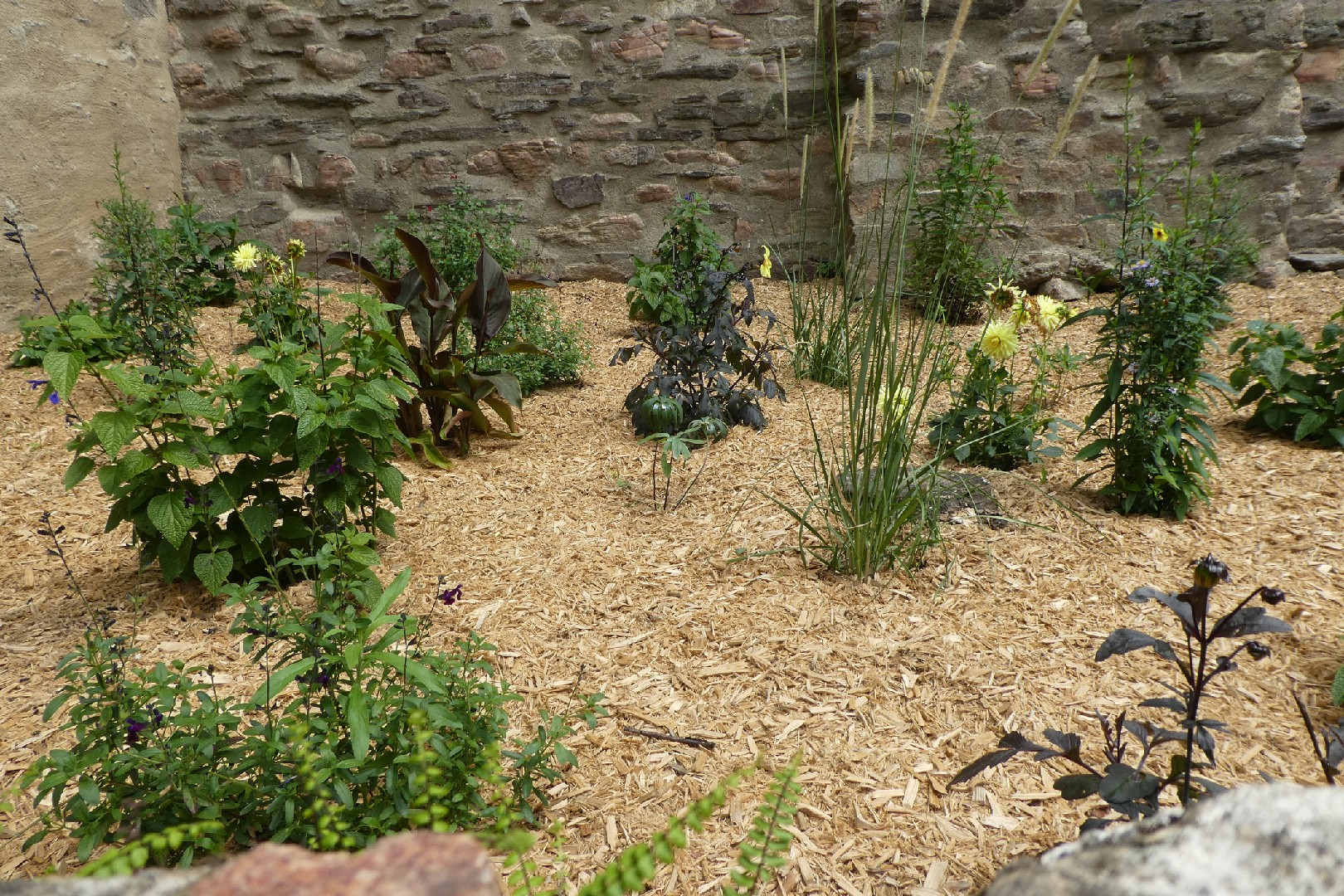![Rectangle]()
Understanding Mulch: A Garden's Best Friend
Mulch is an essential component in maintaining a healthy and thriving garden. It serves multiple purposes and provides numerous benefits for your plants and soil. Understanding the basic properties of mulch and how it can enhance your gardening experience can make a significant difference in the success of your garden.
One of the primary purposes of mulch is to conserve moisture in the soil. By covering the soil with a layer of mulch, you create a barrier that prevents water from evaporating too quickly. This is especially important during hot summer months when water can quickly evaporate from the soil's surface. The mulch acts as a protective shield, keeping the soil moisture levels more stable and reducing the need for frequent watering. This not only saves you time and effort but also conserves water, making your garden more sustainable.
In addition to moisture conservation, mulch also helps to regulate soil temperature. It acts as an insulating layer, keeping the soil cooler in the summer and warmer in the winter. This is particularly beneficial for the roots of your plants, as extreme temperature fluctuations can stress and damage them. By providing insulation, mulch creates a more stable and favorable environment for root growth, improving the overall health and vitality of your plants.
Another crucial aspect of mulch is weed suppression. Weeds compete with your plants for nutrients, water, and sunlight. By applying mulch around your plants, you create a physical barrier that prevents weeds from sprouting and growing. Additionally, some types of organic mulch, such as wood chips or straw, can also release natural substances that inhibit weed germination and growth. This reduces the need for manual weeding and allows your plants to fully benefit from the available resources.
When it comes to choosing mulch, you have two main options: organic and inorganic mulch. Organic mulch, such as wood chips, leaves, or compost, is derived from natural materials. It breaks down over time and enriches the soil with nutrients, improving its fertility. In contrast, inorganic mulch, such as gravel or rubber mulch, does not break down and does not provide any nutritional value to the soil. However, it is more long-lasting and requires less frequent replacement.
In conclusion, mulch is a garden's best friend for a variety of reasons. It conserves moisture, regulates soil temperature, suppresses weeds, and can improve soil fertility. By understanding the basic properties and benefits of mulch, you can make informed decisions and maximize the potential of your garden. So, next time you see a layer of mulch, remember the magic it brings to your garden and embrace its incredible benefits."





